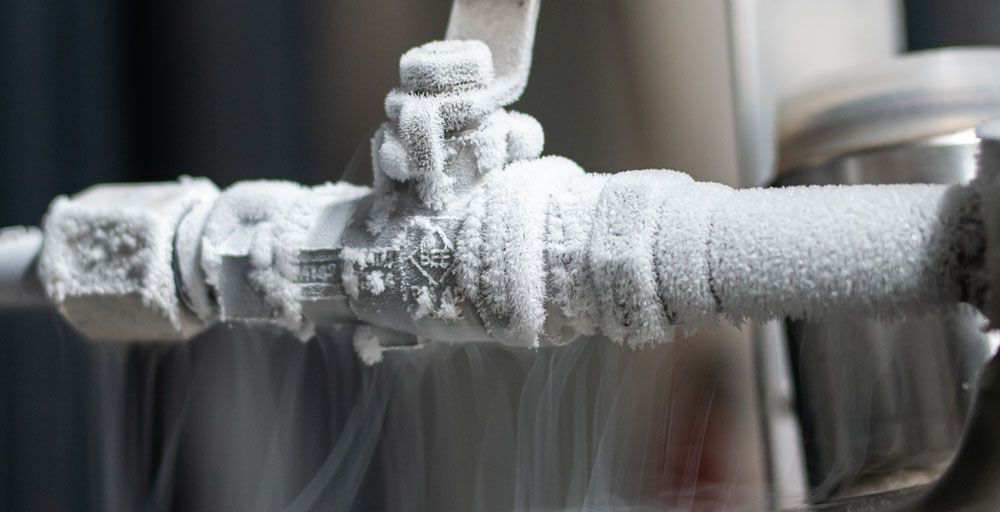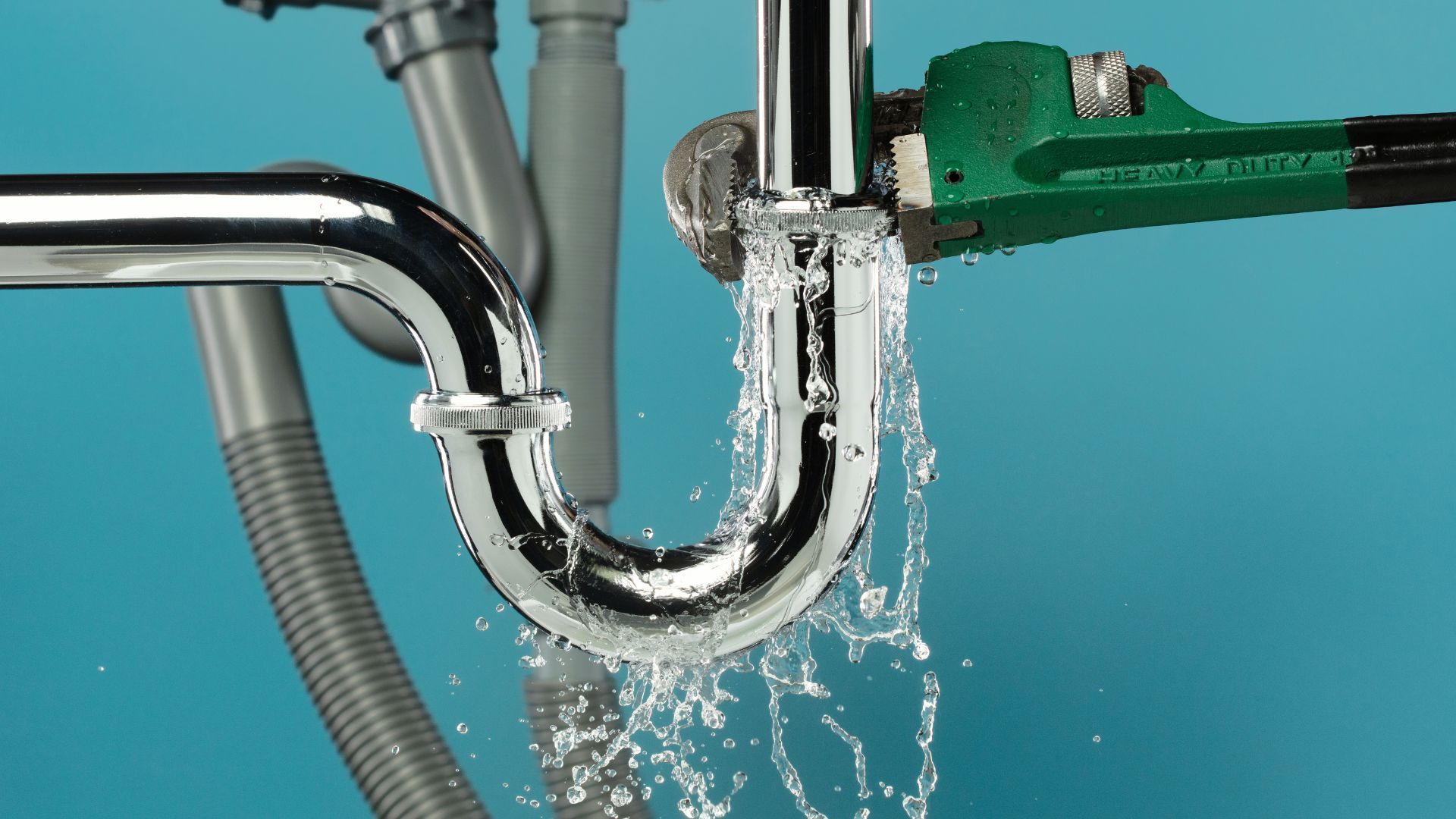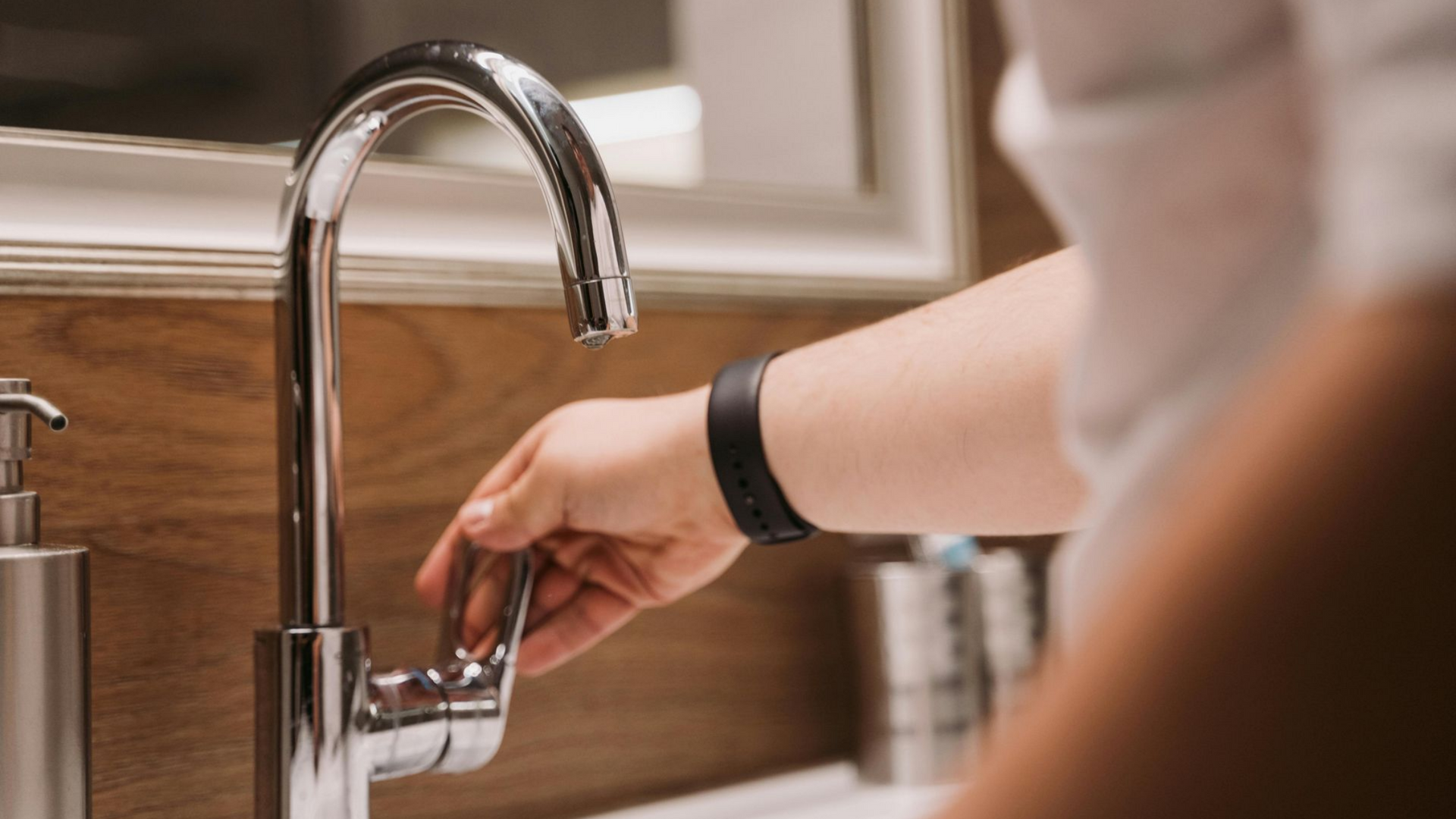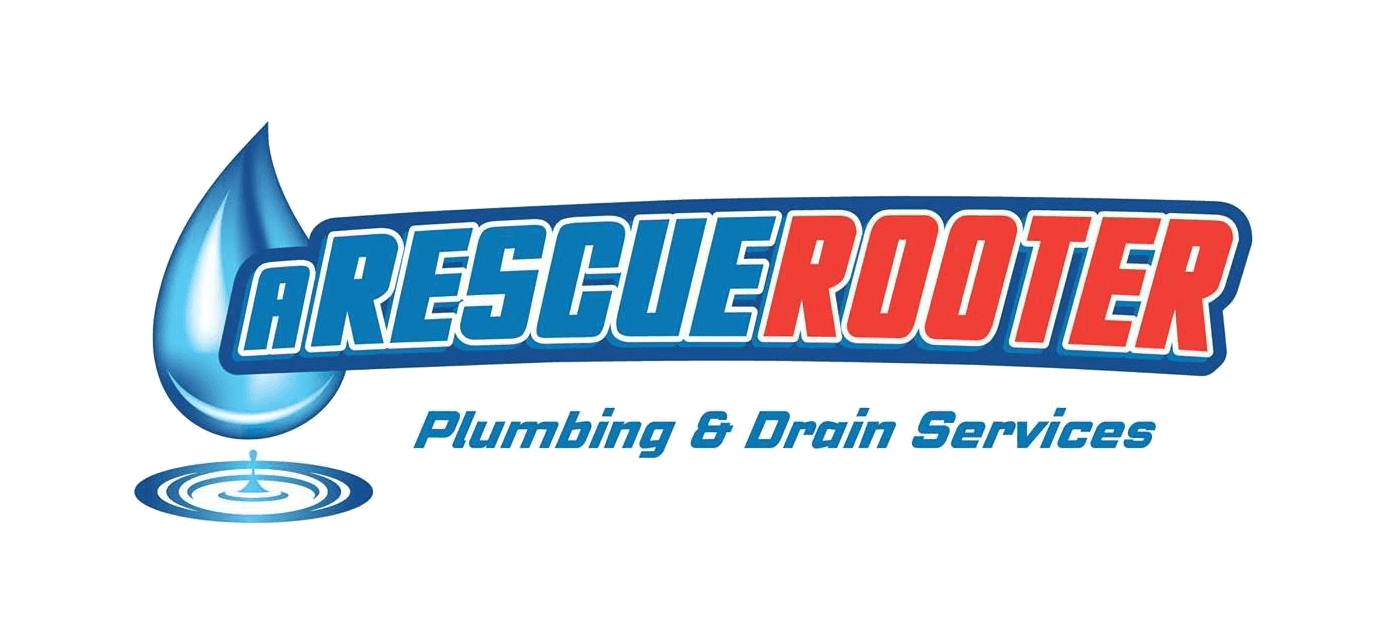Keep your drains clear with this simple list of items to avoid flushing!
Many homeowners believe that plumbing problems can be solved easily with DIY solutions.
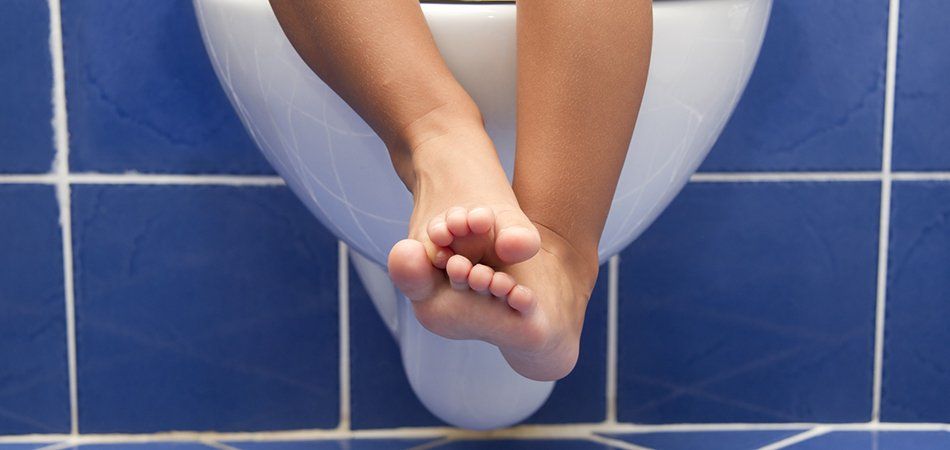
While the toilet has been around since the 1500s (depending on your choice of plumbing historian), some people still apparently consider it to be a thing of magic, instantly removing anything unwanted and unappealing with just a single flush. If anyone knows better, it’s a trained plumber...and the homeowner who had to pay said plumber to extricate that discarded item. As a helpful refresher, we submit a list of items that definitely should not be shown their exit via your toilet...
1. Tissues AND Paper Towels – Not all paper is created equal. While toilet paper is acceptable, tissues and paper towels do NOT disintegrate in the sewer line. .
2. Cooking Grease and Oil– As straightforward as some of these items will appear...they’re only on the list because at one point, someone clearly felt otherwise. Why no cooking oil or grease? Once it congeals into fat, it is as hard as a bowling ball. Is that something you would like in your pipes? Question answered.
3. Contact Lenses - While this item may not present an immediate hazard to your own plumbing, flushing contact lenses is just a not-good-at-all idea. With well over a million people wearing contact lenses every day, discarding just a fraction of that down the toilet further adds to the micro plastics going into our water.
4. Cosmetic and Baby Wipes - Maybe these weren’t anywhere close to first on your list, but wet wipes are actually one of the worst drain-clogging culprits. Responsible for roughly half of all blockages that then lead to the accumulation of fat, (aka ‘Fatbergs’), cosmetic wipes do not dissolve in water. As well, they are a very negative influence when it comes to sewage treatment. Pretty much the same rules apply to Baby wipes. Just because they’re gentle and soft enough for newborns, they are not any kind of a friend to your pipes and don’t decompose.
5. Medication – This is another no-no that may not take a toll on your drains and pipes, but is fundamentally wrong for the water supply. Water treatment plants can only extract a finite amount of toxins, so make it a simple but crucial rule: whatever kind of medication you want out of the house, simply seal it in a bag and drop it in the trash.
6. Hair - If you had been asked to guess at probable causes of clogged drains, this might have made your top two guesses…but it still happens. Hair is a double-negative on your plumbing, because it not only builds up into potentially giant balls to cause blockages, but can also trap unwanted odours. Shampooing means some hair is bound to go down the drain, but if you’re combing or brushing, try to do it away from the sink or toilet.
7. Dental Floss – We’ve already mentioned not trying to grow objects the size of bowling balls in your pipes. Dental floss consists of either nylon or Teflon, so combined with any of the other objects on our list, like wet wipes or paper towels, the floss almost becomes a sort of mesh to help form a mass that is only going to grow and become a blockage. Flossing will definitely save you money at the dentist, but disposing of the floss into the trash will save you just as much when it comes to a plumber.
8. Cigarette Butts – You may be tired of being told that cigarettes aren’t good for you. Well, it’s not a friend of your local water treatment plant, either. The cigarette filter on its own contains cellulose acetate, some paper and rayon, plus the expected carcinogens, nicotine and all the other numerous toxins.
9. Chewing Gum – We know, a lot of people resort to gum to get off the smoking habit. We’re just saying if you’re doing either or both find another place to dispose of them. Gum is cohesive, so it will stick to the insides of your pipes, blocking a steady flow. Just like your sixth-grade teacher said, Gum goes in the garbage.
10. Diapers – Anytime you start a sentence with “It Goes without Saying…’, apparently, it still required saying. Diapers are still being flushed, which is now even more problematic, since they consist of materials that expand when exposed to fluids.
Whether your plumbing problem is residential, commercial or industrial, A Rescue Rooter has more than four decades of experience to offer. Let the Professionals take care of it for you.
